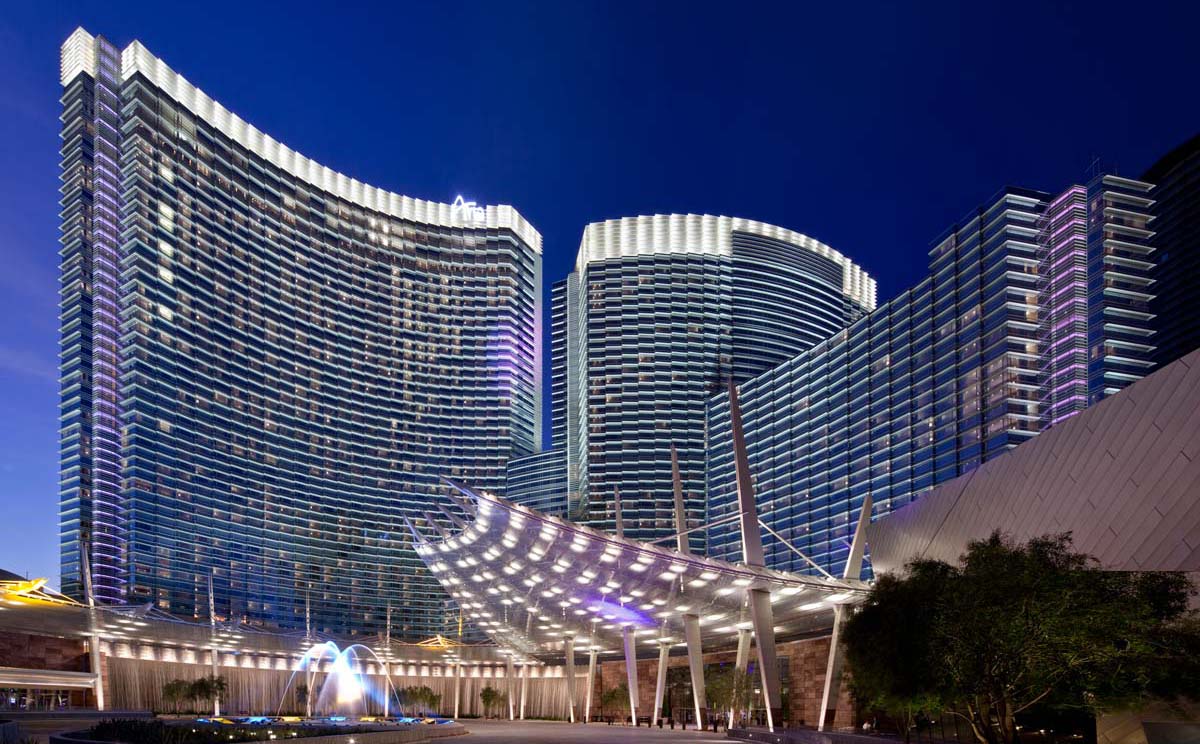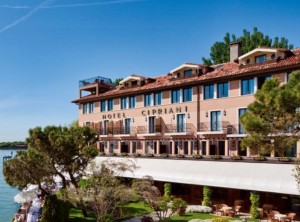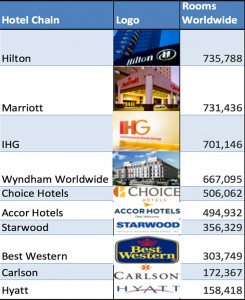
Mega hotel groups looks to expand their global guest room count
The hotel market in the world is undergoing colossal transactional activities.
The top ten big chains and famous hotel brands are involved in frantic dealmaking boom as they look to enhance their profits and add more hotel guest rooms to their portfolios. Most investors think risk means the stock price going down, but the great investors never think that as they know the value of real business is not what the stock market say it is, as they understand the principles of wealth creation, and anchor their valuations in this other private market.
The hotel sector, quietly broke records, with hotel deals totalling £23.43, $35.5bn for 2015, less than half of the £49.63, $75.2bn seen in 2007, after the US financial markets spawned a global panic resulting form spurious loans made for years in US with high grade structured credit strategies fund and enhance leverage funds.
In the past hotel groups have expanded by following the asset-lite model of managing rather than owning properties, as it was easy to acquire brands than to build a brand from zero. Corporate managers have to decide which actions to pursue and which to forgo and the dividend policy process ought to be part of that thinking. In the past the stock market was assigning low valuation to the shares of Orient-Express Hotels (NYSE:OEH), but this super-luxury hotel group which owns Hotel Cipriani in Venice, one of the world’s finest hotels fitted with precious marble and stucco and room rates were £3, 300 $5000 per night, and according experts the 103-room hotel was worth at least a $1miilion per room. Four Seasos in Maui sold for an estimated £488,400, $740,000 per room in 2004. Hilton Hotels corporation agreed to purchase the hotels of its European namesake for about 12 times the estimated value 2006 EBITDA.

Shares in Holiday Inn and Crowne Plaza, owners Intercontinental rose 6 per cent, following media reports that it is selling its business or a possible merger, which was denied by them. They generate 95 per cent of their profits through its franchise fees.
Expedia the successful online travel agency invested £2.24bn, $3.4bn to buy HomeAway to compete with Airbnb whose global home rental online site is exponentially evolving and expanding. Airbnb’s startups includes Onefinestay, Rocket Internet backed by Wimdu., whose £1.16m $1.75m listing globally cater to a strong community of travellers and hosts. Priceline which arranges private home rental through its Booking.com.
Starwood and Hyatt have struggled in the select service segment where both Hilton and Marriott’s have excelled.
Hotel groups are well placed to consolidate, but they have compete with the emerging independent Asian groups including the Chinese and the Koja community from Asia, whose have always thrived in the running of the hotel successfully, and looking to find a home in the West. China’s Anbang Insurance group paid last year Hilton £1.29bn $1.95bn to buy Wadrof, Astoria in New York, setting a record for a single hotel transaction in the US. Sunshine Insurance Group from Beijing bought the Sheraton on the Park in Sydney for £264m, $400m. FRHI owns Raffles named after Singapore’s founder Stamford Raffles. In the UK Goldman Sachs are pondering to sell 500 Travelodge hotels. In the US Carlyle is selling 80 per cent of its stake in French budget B&B Hotel Group, which has 300 hotels in Germany, France and Italy.
In the past week Accor, the French group is pursuing a £1.98bn, $3bn deal to buy FRHI hotel and resorts, which own luxury brands like Swissotel, Fairmont and Raffles. Starwood whose brands included Sheraton, W chains, St Regis , sold its timeshare business for £1bn, $1.5bn to Interval Leisure group and then became a target for Hyatt hotels.

